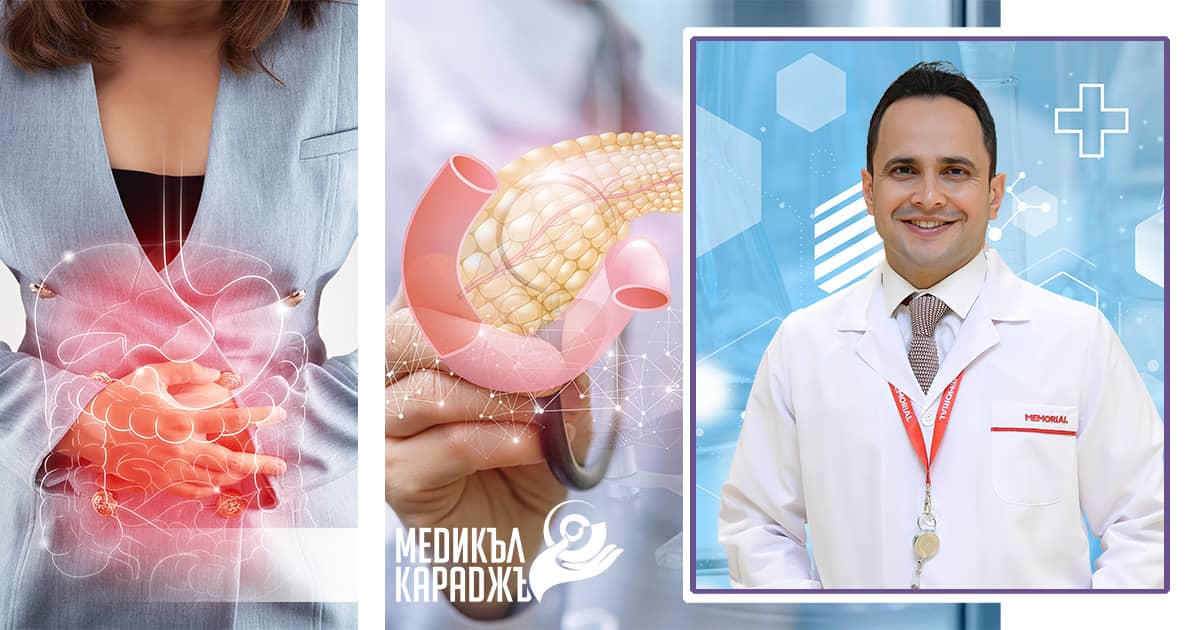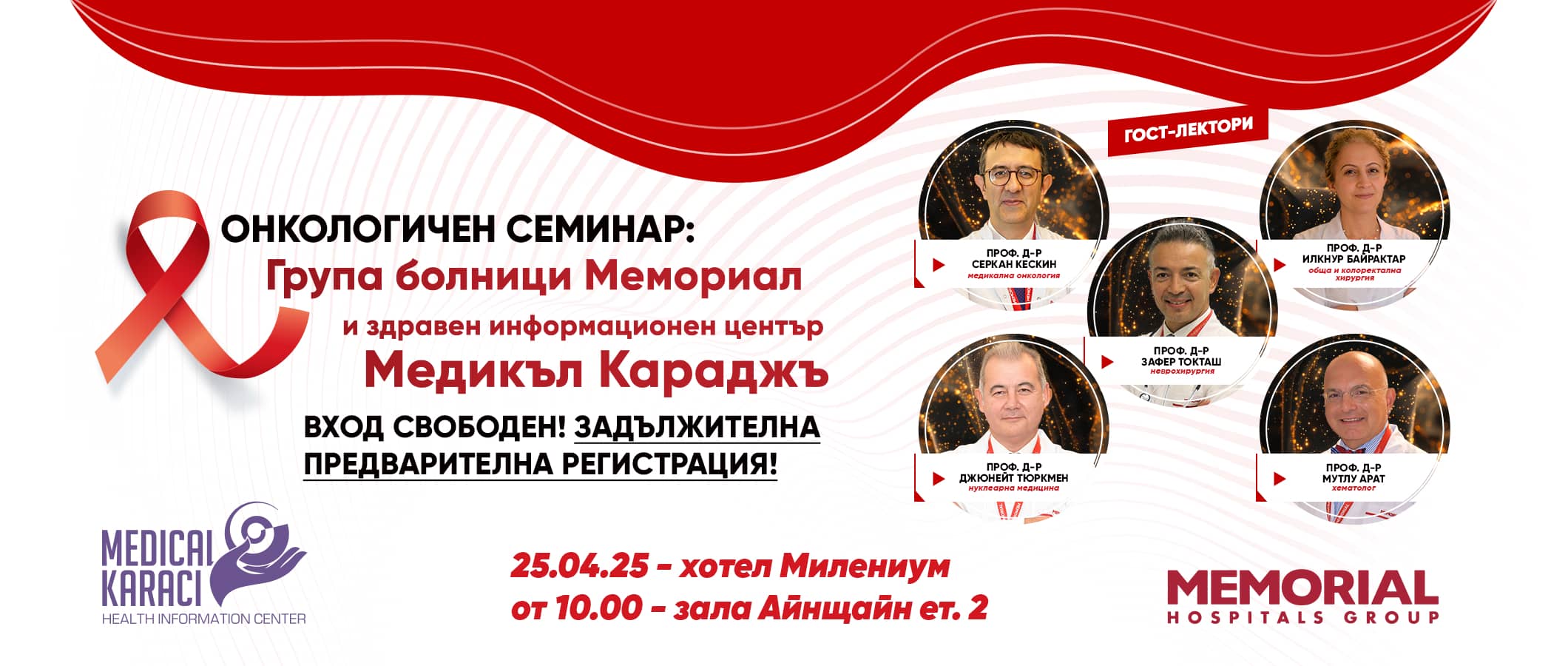The specialist in gastroenterology and internal diseases prof. Salih Boa, explains the vital role and importance of the endoscopic approach in the early diagnosis and treatment of pancreatic diseases.
The pancreas is an organ that has two important functions, playing a critical role in digestion and blood sugar regulation. The exocrine function is responsible for the production of digestive enzymes and their secretion into the intestine. The endocrine function controls blood sugar by producing the hormone insulin. But unfortunately, pancreatic diseases are often diagnosed late, which is detrimental to patients' health. Therefore, early diagnosis based on endoscopic approach and treatment of pancreatic diseases is of great importance.
What are pancreatic diseases?
Diseases of the pancreas are usually divided into two main groups: acute and chronic pancreatitis and pancreatic cancer. Acute pancreatitis can cause sudden onset of severe abdominal pain, nausea and vomiting. Chronic pancreatitis is less severe but can cause prolonged abdominal pain and digestive problems. Although pancreatic cancer is associated with risk factors such as advanced age, smoking, gender and chronic pancreatitis, it can occur without any stimulus.
The power of early diagnosis and the endoscopic approach: endoscopic ultrasound (EUS)
One of the most effective methods for early diagnosis of pancreatic diseases is endoscopic ultrasound, or EUS for short. EUS is a technology that helps to examine in detail the organs of the digestive tract and surrounding tissues. Due to the anatomical location of the pancreas, other imaging techniques such as CT and MRI cannot always provide as much detailed information as EUS.
With EUS, pancreatic tissue can be easily examined from the stomach and early-stage cysts or cancers that can form in the pancreas so they can be easily identified. In addition, biopsies can be taken from these areas with EUS to make an accurate diagnosis. This allows patients to start treatment at an early stage.
Method of retrograde cholangiopancreatography (ERCP) in treatment
If gallstones are one of the main causes of acute pancreatitis, they can be removed by endoscopic retrograde cholangiopancreatography (ERCP).
ERCP is a procedure that combines an endoscopy of the upper gastrointestinal tract and an X-ray. ERCP is used to diagnose and treat bile duct and pancreatic duct problems.
ERCP is a highly effective method for problems such as bile duct disease, pancreatic duct problems, bile duct cancer and biliary obstruction. This procedure offers promising results for patients and contributes significantly to the elimination of health problems.











